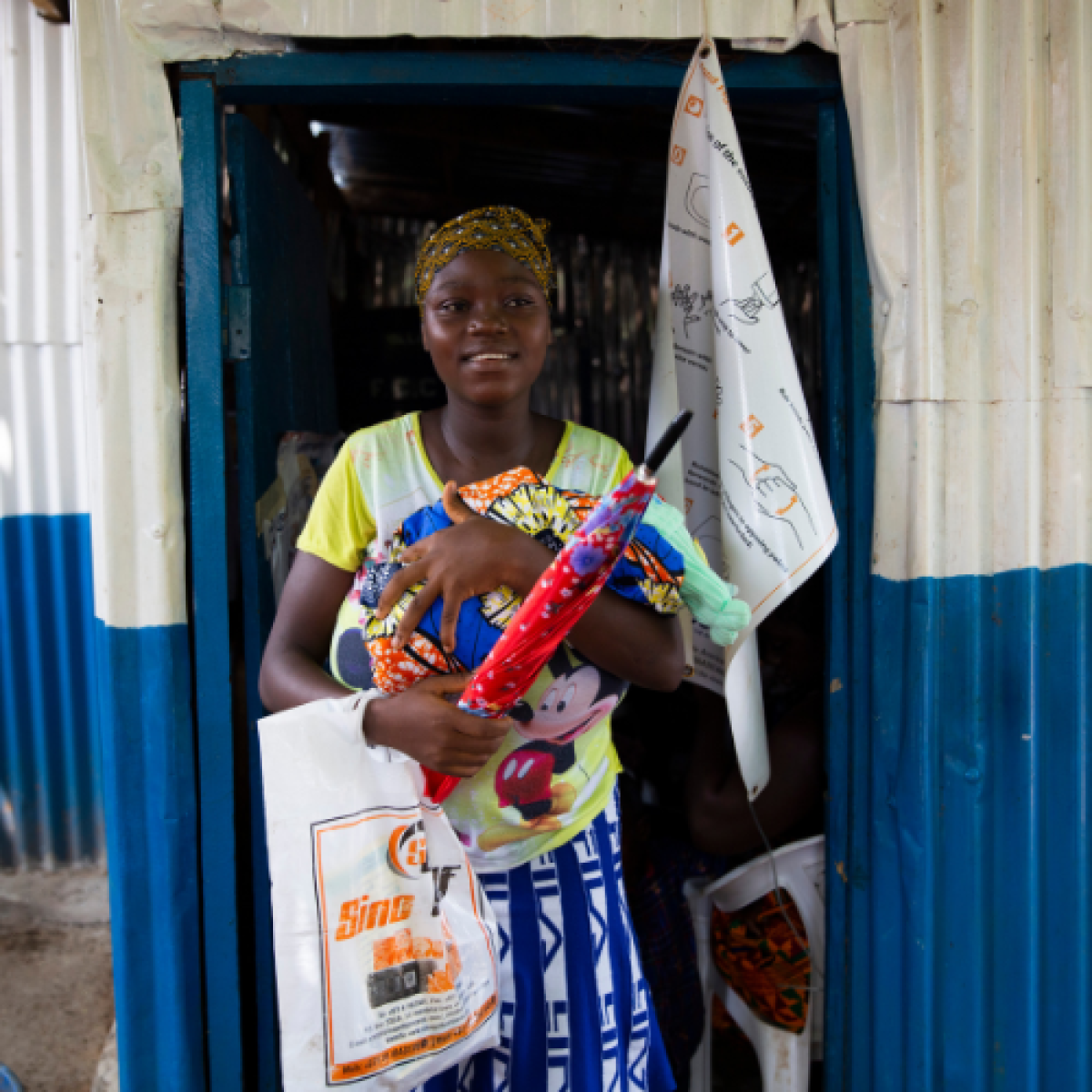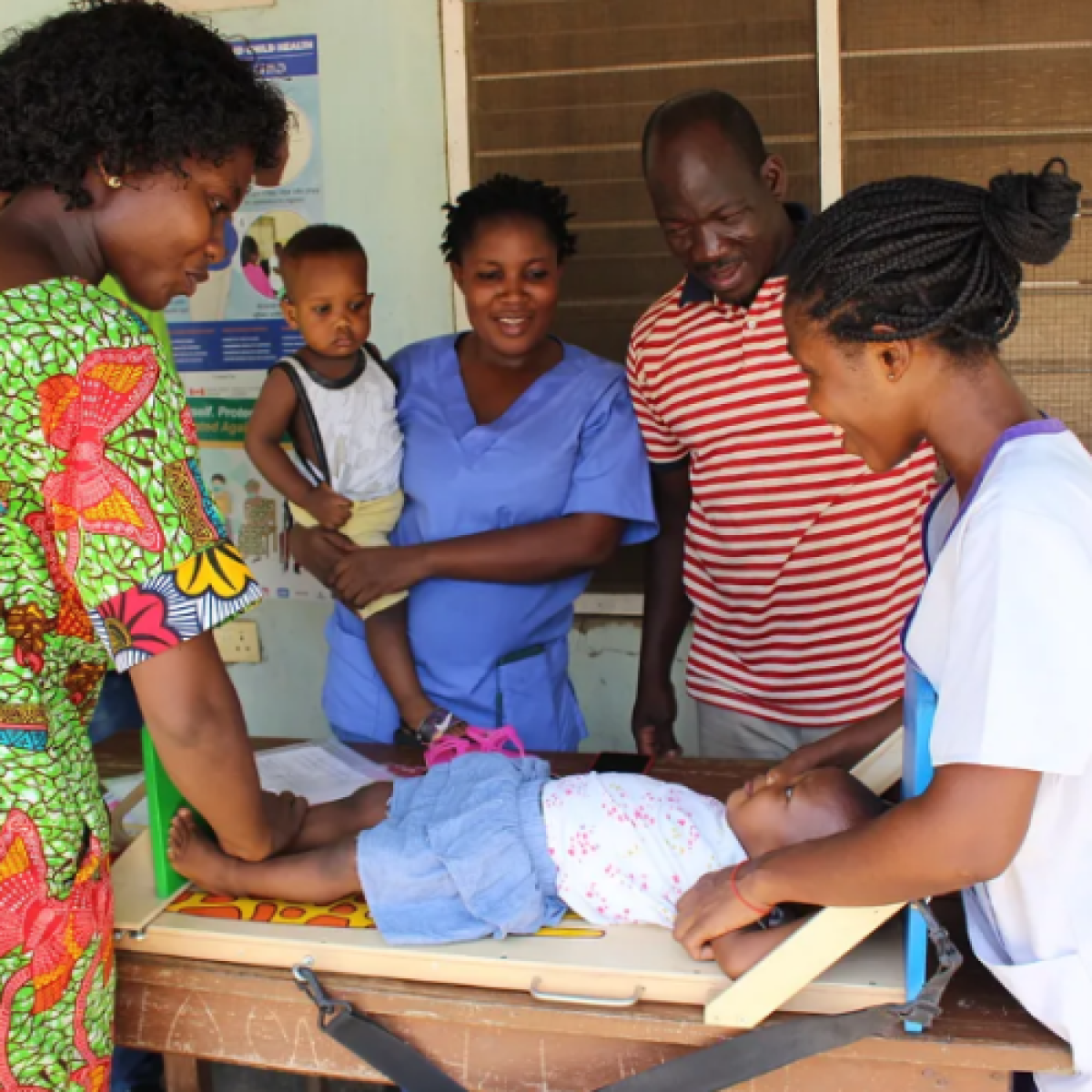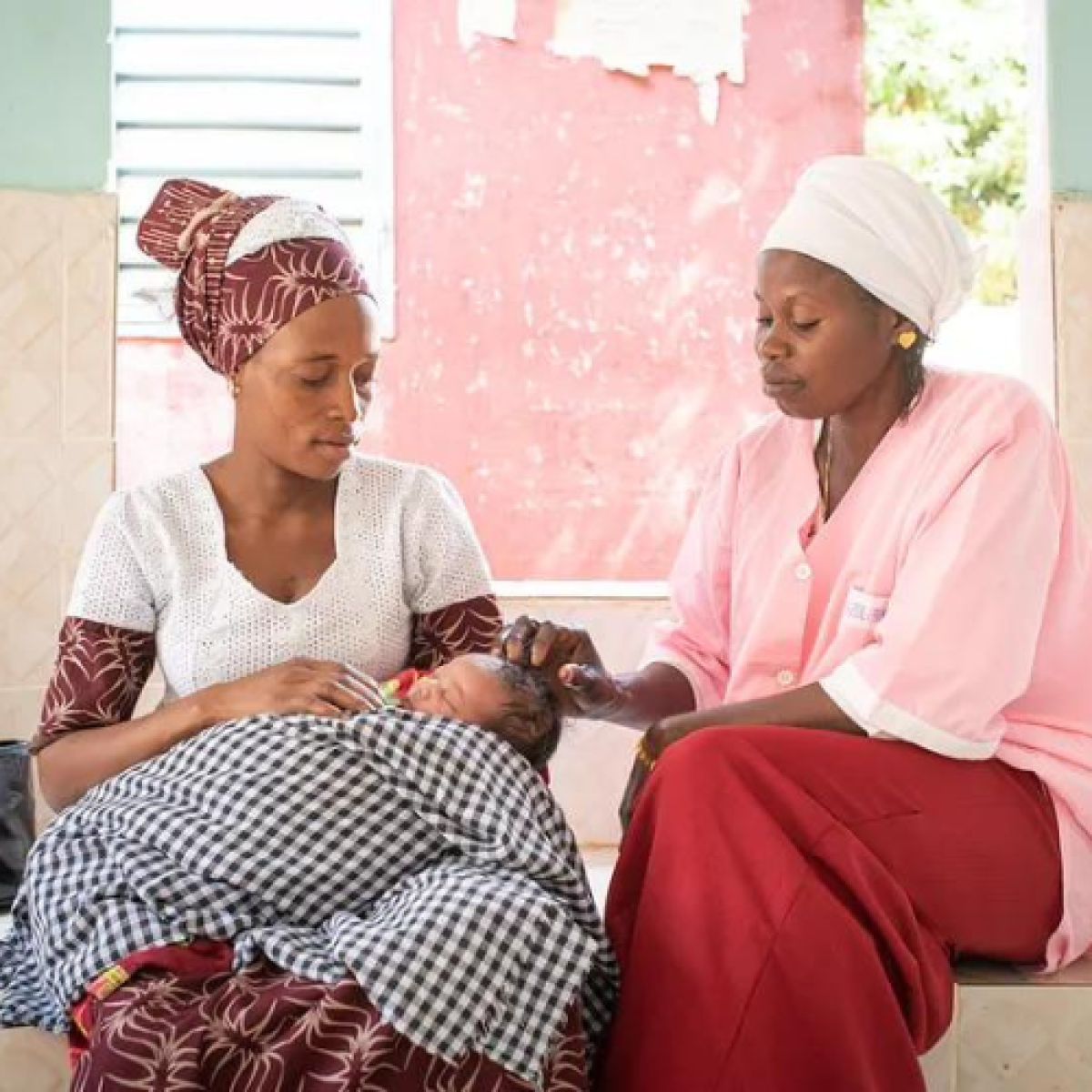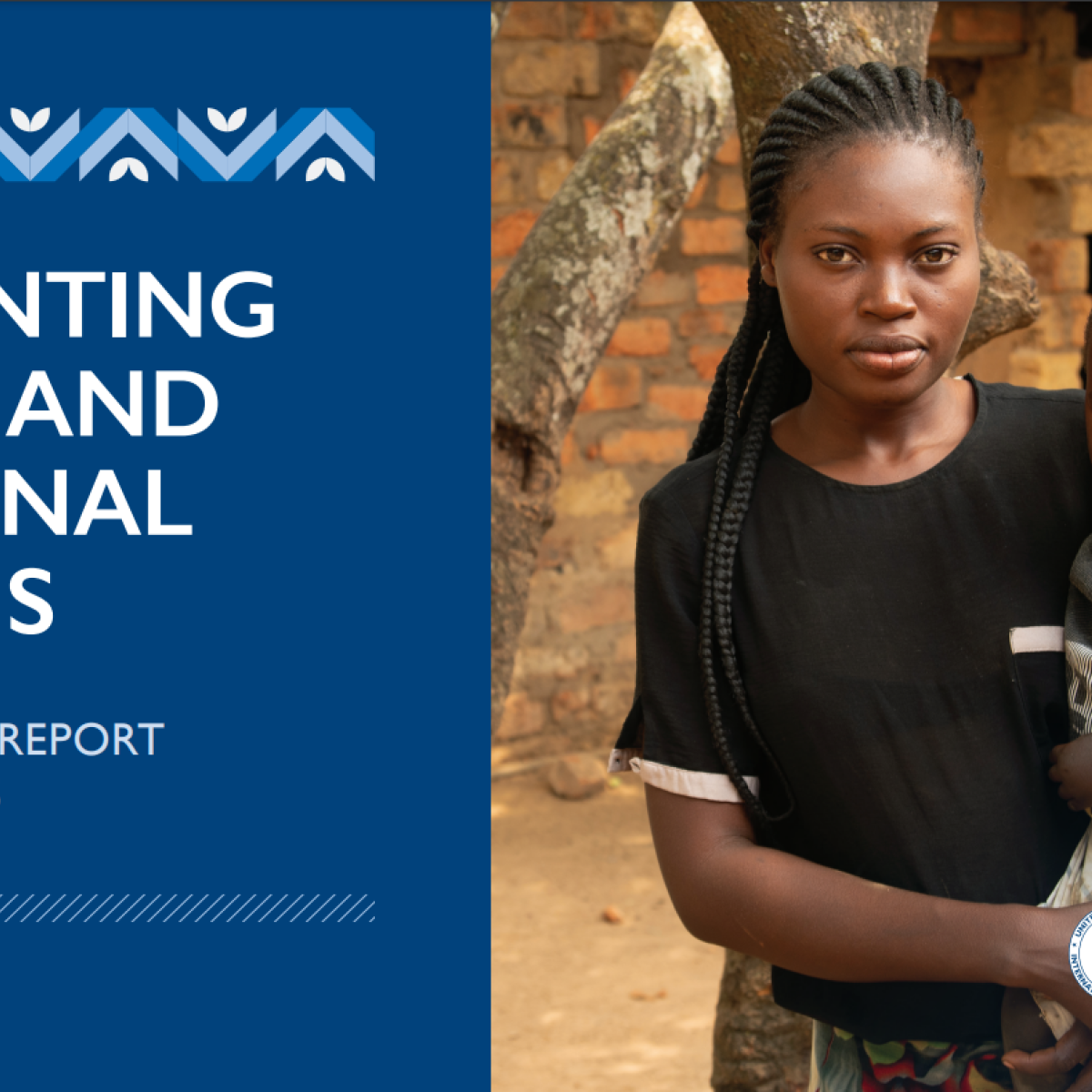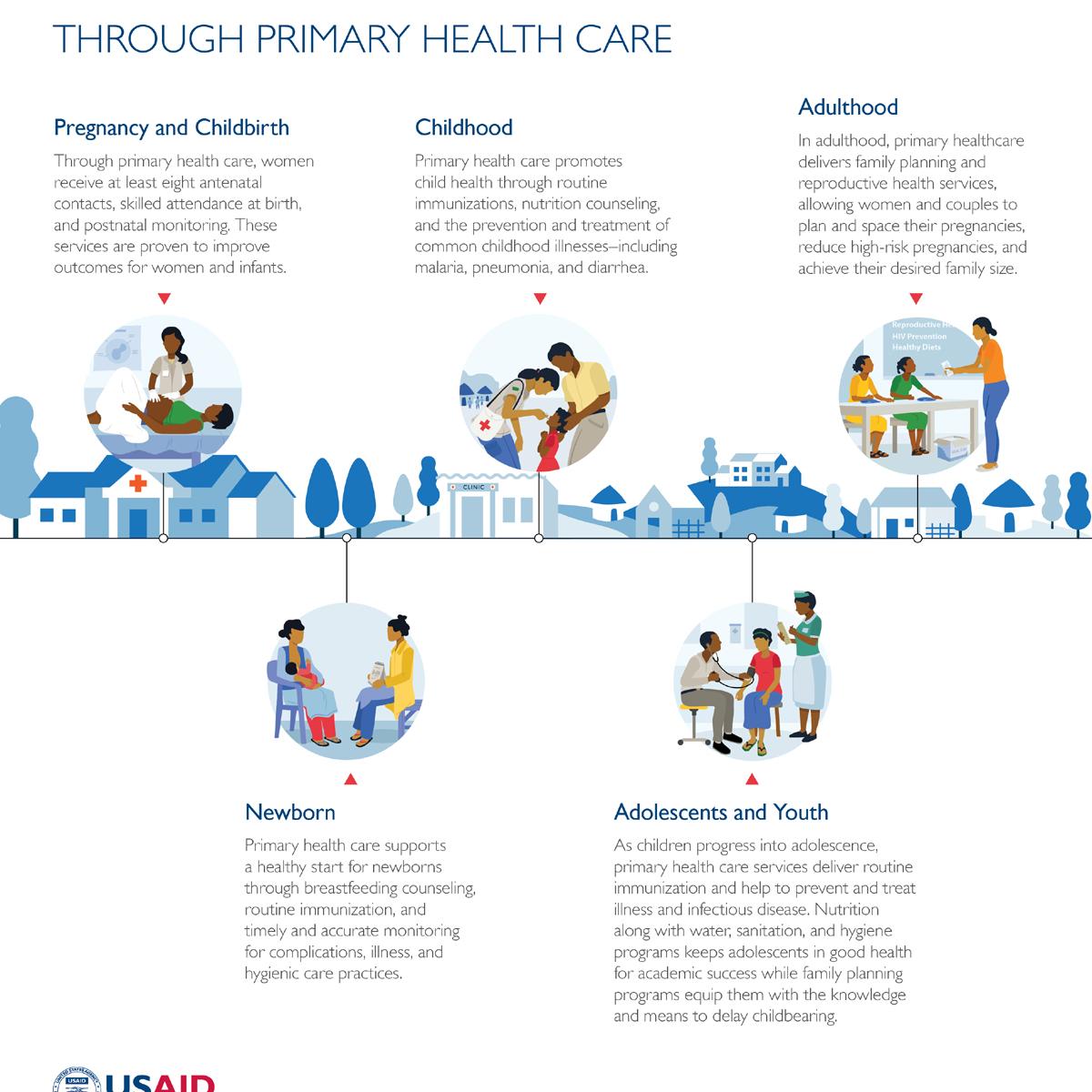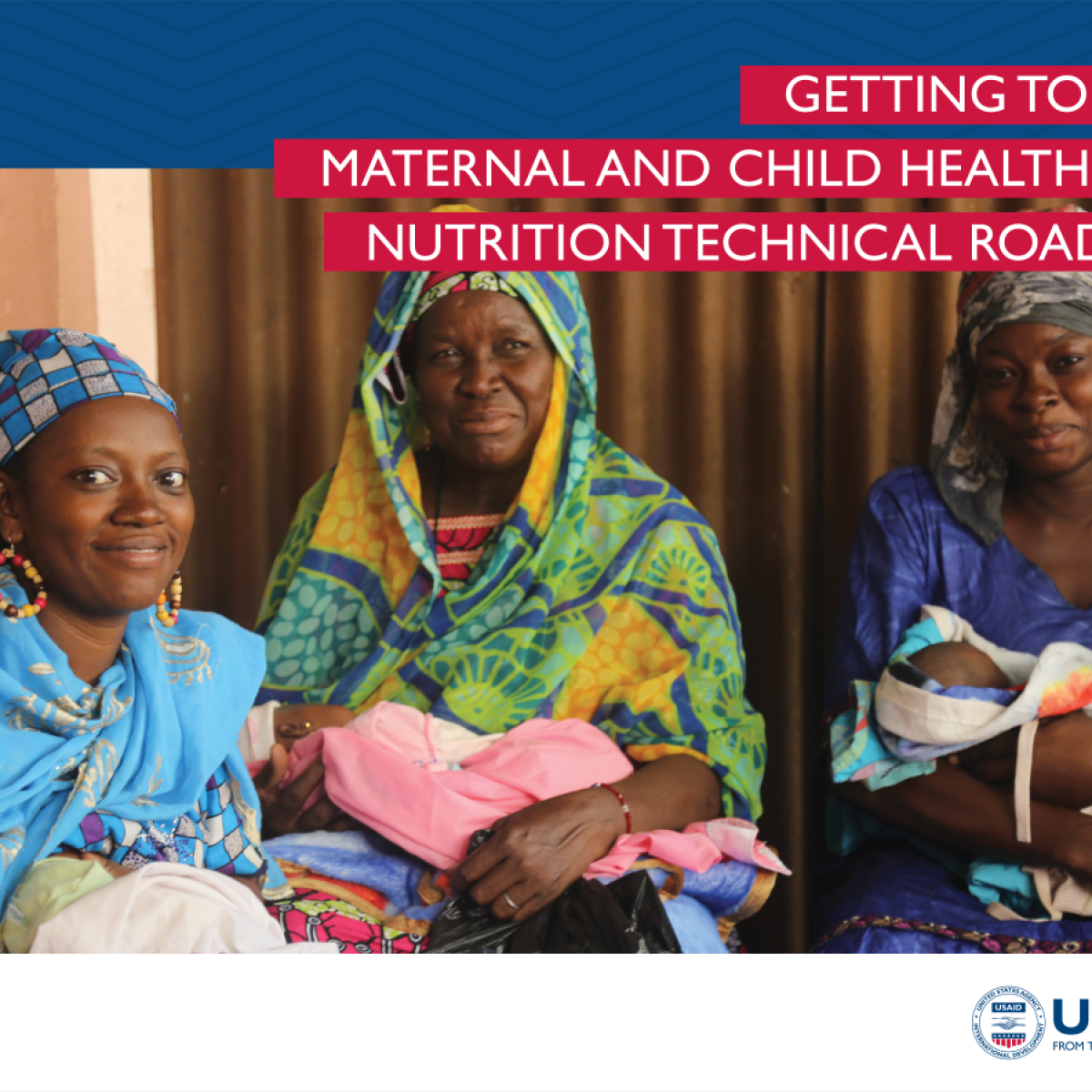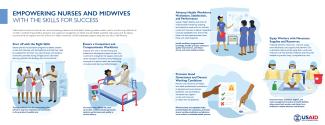Maternal and Newborn Health
USAID supports mothers and babies through pregnancy, delivery, and beyond. Our maternal and newborn health programs increase the coverage, equity, and quality of proven, cost-effective interventions such as safe cesarean delivery, life saving medications, respectful maternity care, kangaroo mother care, newborn resuscitation, and chlorhexidine for umbilical cord care.
Every year, more than 5 million children under the age five and 200,000 women die from largely preventable causes. For mothers, the leading causes of death include infections, high blood pressure during pregnancy, complications around delivery, and severe bleeding after childbirth. As more young children survive beyond their fifth birthdays, newborns deaths caused by prematurity, complications during birth, and severe infections make up close to 50 percent of under-five child deaths. Nutrition also plays a critical role.
USAID supports the inextricable link between the health of women and their children with broader development objectives. A mother’s death because of pregnancy or childbirth threatens her newborn’s chance of survival, lowers her other children’s chances for survival and education, threatens family stability, and undermines her community and country’s prosperity.
To prevent maternal and newborn deaths, USAID is increasing equitable access to quality care before, during, and after childbirth to support the health of both mothers and newborns through pregnancy and the first year of life.
Our Approach and Results
USAID maternal and newborn health programs save lives by:
- Increasing the equitable coverage of proven, cost-effective interventions such as safe cesarean delivery, life saving medications, respectful maternity care, kangaroo mother care, newborn resuscitation, and chlorhexidine for umbilical cord care.
- Improving the delivery of respectful and quality of care through better provider performance, access to quality commodities, access to water and sanitation in health facilities, and enhanced data for decision making through routine health information systems.
- Building the capacity of health providers in the public and private sector to provide safe medical and surgical care for women experiencing birth complications and to provide nurturing, family-centered care for small and sick newborns.
- Enhancing integrated health services to address critical underlying health determinants and practices such as healthy maternal diet, early and exclusive breastfeeding, and access to voluntary family planning and reproductive health care.
- Conducting research to generate and improve evidence based policies and practices and their implementation to ultimately scale up high-impact maternal and newborn health innovations and strengthen the way programs are delivered.
Since 2012, USAID has supported 32 million women to give birth in a health facility and reached more than 9 million newborns with care after delivery.
Where We Work
Our maternal and child survival programs focus on 25 countries that represent more than 66 percent of maternal and child deaths.
Projects and Partnerships

MOMENTUM
MOMENTUM—Moving Integrated, Quality Maternal, Newborn, and Child Health and Family Planning and Reproductive Health Services to Scale—is a suite of projects that works in partnership with countries to scale up health interventions and improve the overall health and well-being of mothers, children, families, and communities.

Breakthrough ACTION
Breakthrough ACTION ignites collective action and encourages people to adopt healthier behaviors—from using modern contraceptive methods and sleeping under bed nets to improved complementary feeding—by forging, testing, and scaling up new and hybrid approaches to social and behavior change.

USAID Advancing Nutrition
USAID Advancing Nutrition works to improve the nutrition and health status of vulnerable populations. With a focus on building local capacity, supporting behavior change, and strengthening environments, this project aims to save lives, improve health, build resilience, increase economic productivity, and advance development.

Global Health Supply Chain – Procurement and Supply Management
GHSC-PSM enhances the health care experience in the communities we serve through transformative supply chain solutions by working closely with country partners and suppliers worldwide to promote wellbeing and help countries develop sustainable supply chain systems.
Success Stories
News and Resources
Subscribe to our mailing list for regular updates
Our quarterly e-newsletter highlights updates on USAID's maternal and child survival programs around the world.



